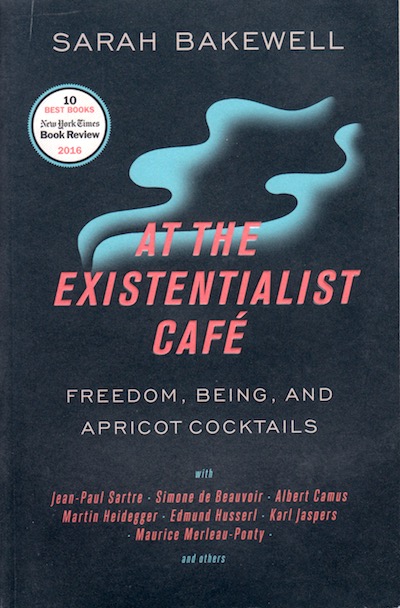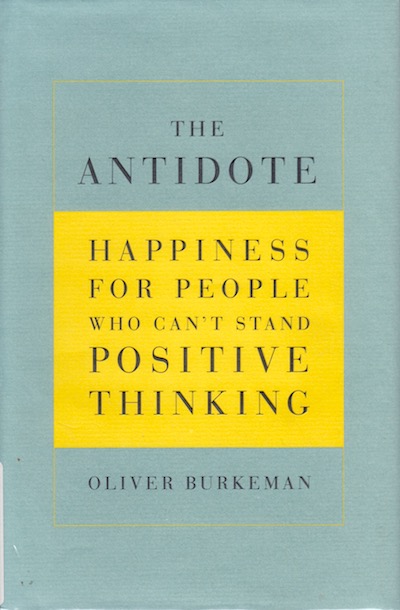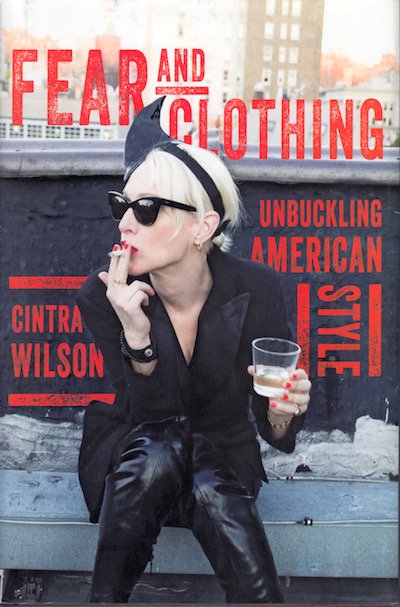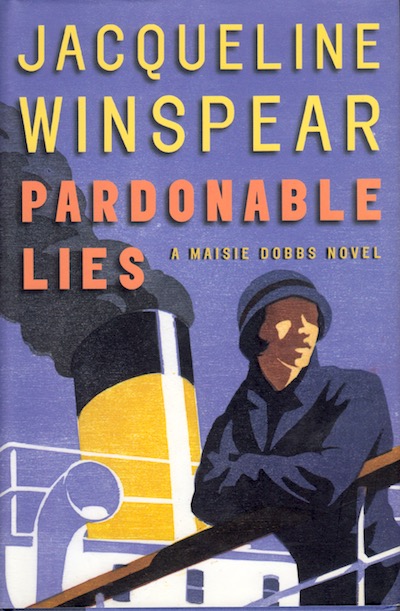I picked this up because I thought it would be fun and gossipy about a family, both today and two generations ago. Alas. It wasn’t.
It’s not that The Necklace was terrible, per se. It just wasn’t for me.
It’s about a love and what it means to go find yourself and how your relationships may or may not make it through such a journey of self-discovery. And is it selfish to take time for yourself, to figure out who you are and what you want? I mean, now it’s not, what with our extended adolescences. But it definitely used to be kind of a problem. What if you didn’t want to get married at 18? There’s a dude in this book who travels around the world to find himself, but expects his lady friend to wait at home for him. (To be fair, he does offer to marry her and bring her with, and she’s the one who demurs.)
This one is going to end up in one of the local free little libraries.









